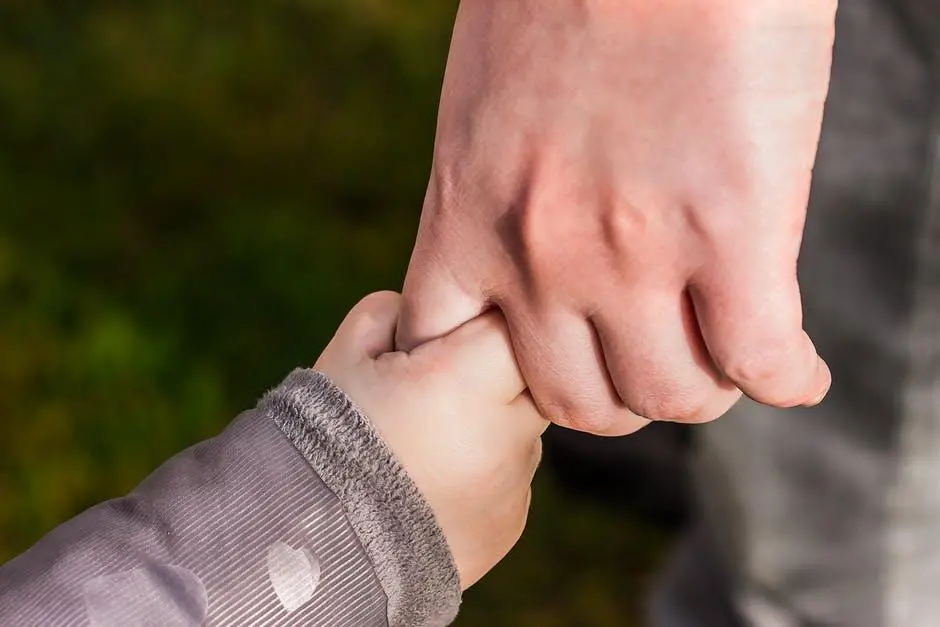Fifteen years ago, with the arrival of Maya, I became a father. As all parents feel, it was a transformational event. Sometimes, as new parents, we forget that becoming a parent is something that has happened billions of times before. Yes, it is a unique event, but only for us as individuals, not for humanity.
Given my learning orientation as a good academic, I started by spending a couple of days reading the social science research on children and parenting. The idea was to gain whatever insights I could on this subject as I did not think my parents were a good role model on this front. Much of this research is focused on twins to be able to tease out the effects of genetics on one hand, in contrast to similarities versus differences in the environment (e.g., parenting styles, friends, peers, schools).
The, admittedly, quick scan of the research led me to the conclusion that “parents matter, parenting does not”. Basically, the research says that 50% of the variance is explained by the genes handed down by the parents, but “parenting” has failed to show any consistent effects on the future well-being (usually measured as economic success and social success in terms of maintaining relationships) of children. If you are skeptical of this research, just reflect on the siblings in your family. Despite shared genes and parenting, they are so different.
The remaining 50% of the variance is impacted by the environment. The research distinguishes between shared and non-shared environment. Shared environment is what siblings all experience, while non-shared environment captures the unique experiences of siblings raised together. Only non-shared environment has been consistently demonstrated to have an impact.
The most critical non-shared environment is however impacted by two choices of the parents – the neighbourhood they live in and the schools they send their children to. Why? Because after genetics, the strongest correlate is the child’s best friends or peers, and these are influenced by neighbourhood and school that the child finds themselves in. As a result, non-biological related adopted children brought up in the same household by the same parents have been shown to turn out to be completely different to each other (as they do not even share genetics).
Smug with this knowledge, when Maya was perhaps two, at a dinner with some friends and Maya’s mother, the discussion turned to parenting and children. I pronounced my conclusion – parents matter, parenting does not. I can still see the furious look on the face of Maya’s mother, who was spending all her time trying to bring up the kid. She retorted: “what do I care about the academic research!” Sad to say, my zero EQ has remained an enduring trait. Or, as a dear friend once summarized, so much knowledge, so little wisdom.
How Do You Judge a Good Parent?
In everything I have pursued, my preference is to have an objective criterion (measurable data which is relatively immune to personal control/manipulation). Soon after my daughter’s arrival, at lunch with my faculty colleagues at IMD, I asked them “how would you know if you are a successful parent?” The goal was to use this group of very smart people to solve the problem of the criterion. I felt they must have reflected on this as parents.
The responses were rather unsatisfactory for the purposes of seeking an objective criterion. Most could not articulate a crisp answer. Perhaps, the best or most frequent one was, “a happy, well-adjusted child. Anyway, finding this too vague for my own preferences, I decided the criterion should be: At the age of 25, Maya comes and tells me Dad I hope one day I will be as good a parent as you were. Perhaps, set up for failure. But, then knowing myself, I wouldn’t have it any other way.
Concluding Comments
A couple of years ago, Maya and I were with my mother for our annual week with her. My mother is a lady whose IQ is very high but an EQ even lower than mine, if that is possible. The conversation with my mother turns to Maya:
Mom: Maya is growing up very well
Me: Let’s hope so, but she can do much better
Mom: You really are an incredible dad
Me: Hmmm don’t know, couldn’t have learnt that from dad or you
Mom: Nope
So, the research is very clear, in fact considered “laws” in the field of behavior genetics. As parents, beyond the genes, we bear zero responsibility for impacting the intelligence or personality of our children. But, the fact that we believe we have an influence with our parenting styles does lead us to aspire to be better parents. And, that cannot be a trivial result. Furthermore, despite the research, which progresses by negating findings from the past, it may still be possible that we do sculpt our children after all.



Leave your comments
Post comment as a guest